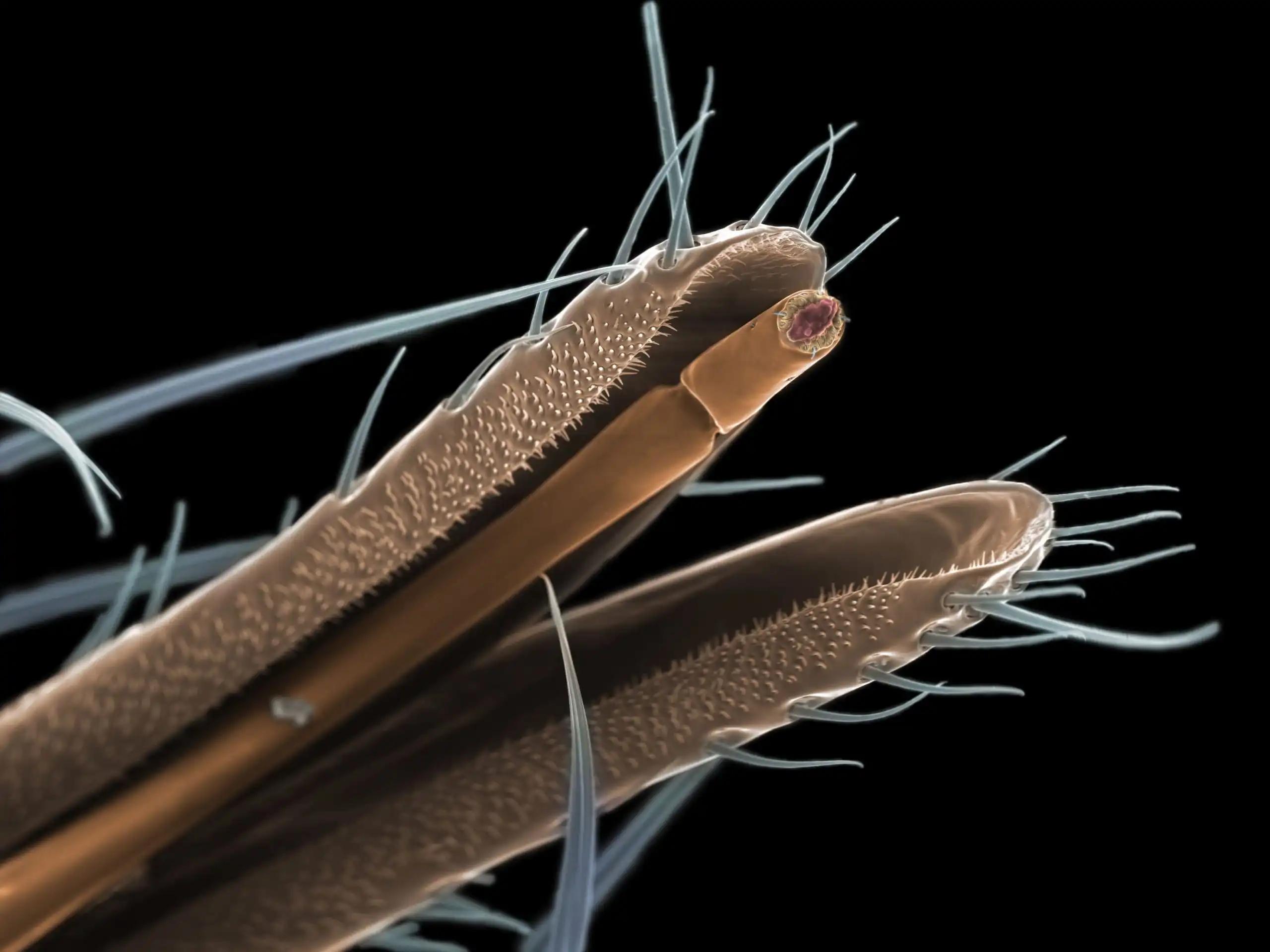KEY TAKEAWAYS
- The study aimed to investigate how monoallelic BUB1B variants contribute to CIN and prostate carcinogenesis.
- Researchers concluded that BUB1B variants drive CIN-related carcinogenesis, underscoring its pan-cancer predisposition and clinical implications.
Prostate cancer (PrCa) is the most frequently diagnosed cancer in men. Variants in known moderate- to high-penetrance genes explain less than 5% of the cases arising at early-onset (< 56 years) and/or with familial aggregation of the disease. Considering that BubR1 is an essential component of the mitotic spindle assembly checkpoint, they hypothesized that monoallelic BUB1B variants could be sufficient to fuel chromosomal instability (CIN), potentially triggering (prostate) carcinogenesis.
Maria P. Silva and the team aimed to assess the impact of monoallelic BUB1B variants on CIN and PrCa predisposition, particularly in early-onset and familial cases.
They performed an inclusive analysis by conducting targeted next-generation sequencing on germline DNA from 462 patients with early-onset/familial PrCa and 1,416 patients with cancer eligible for genetic testing for other hereditary cancer syndromes.
The study also involved in-silico BubR1 molecular modeling, in vitro gene-editing experiments, and ex vivo analysis of patients’ tumors and peripheral blood lymphocytes to explore the pan-cancer role of BUB1B.
About 1.9% of the early-onset/familial PrCa cases and approximately 0.6% of other cancer patients fulfilling criteria for hereditary disease harbored rare BUB1B variants. The study demonstrated that these variants caused reduced BubR1 expression and/or stability, leading to increased premature chromatid separation and subsequent CIN. This mechanism was associated with resistance to Taxol-based therapies.
The study concluded that different BUB1B variants reveal a trigger for CIN-driven carcinogenesis, affirming BUB1B’s role as a pan-cancer predisposing gene with implications for genetic counseling and treatment decision-making.
The study was funded by IPO-Porto Research Center (CI-IPOP-24–2015) and Fundação para a Ciência e a Tecnologia.
Source: https://pubmed.ncbi.nlm.nih.gov/39014450/
Silva MP, Ferreira LT, Brás NF, et al. (2024). “BUB1B monoallelic germline variants contribute to prostate cancer predisposition by triggering chromosomal instability.” J Biomed Sci. 2024 Jul 16;31(1):74. doi: 10.1186/s12929-024-01056-z. PMID: 39014450.



